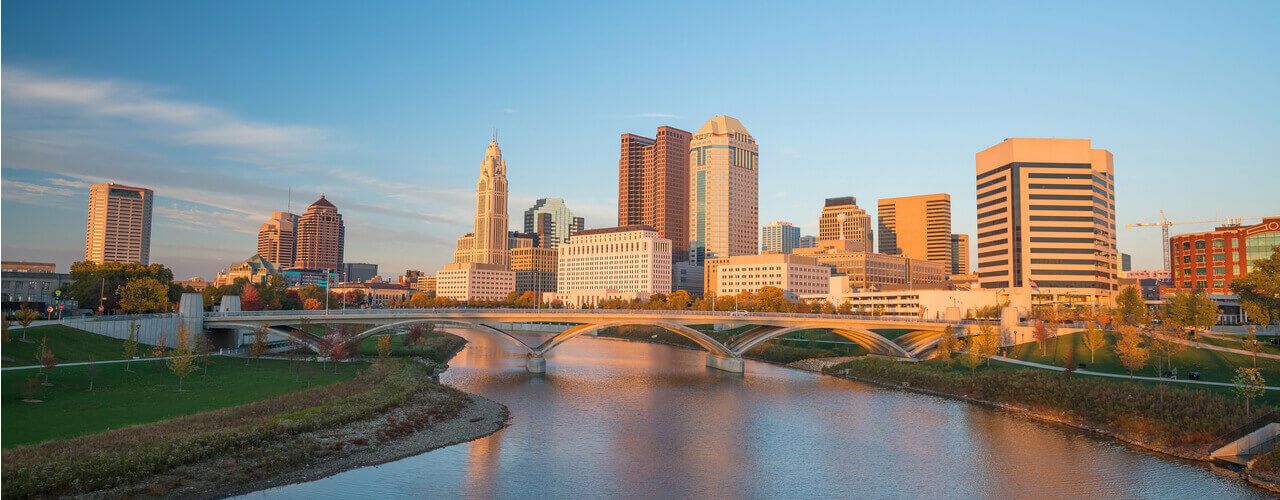As a part of our Expert Insights series, we invited several commercial real estate experts to talk about the current challenges and opportunities the real estate market is facing as a whole, as well as the characteristics of some local markets.
Our series continues with the president of the Robert Weiler Company, Robert “Skip” Weiler, an expert in the brokerage and development of residential, commercial and industrial properties with 35 years of experience. He shared his opinions on how different real estate assets might evolve after the pandemic, the unique conditions of the Columbus, OH real estate market, and more.

Robert “Skip” Weiler, President of the Robert Weiler Company
Q: Could you start by telling us a little bit about your background and why you chose a career in commercial real estate?
Q: Considering the COVID-19 outbreak, what are your thoughts on the CRE market in the US today in terms of trends and challenges?
The commercial real estate world will change due to the virus. Once we have a vaccine it should go back to some normalcy. There will definitely be some changes. Corporations and individuals are realizing they do not need as much officespace as they once thought because of working from home. Retail was already changing before the virus, and now those changes are accelerating. I see less retail demand for soft goods, a development that has already started online and will only continue at a greater pace.
Q: What differentiates the commercial real estate market in Ohio from other major markets in the United States?
Columbus, OH is better suited than most cities to succeed in light of the current environment. Since Columbus is the state capital and home to one of the largest universities in the country as well as a number of other universities, we are more insulated from a recession or depression. Also, we have never had a large number of manufacturing jobs and have been focused on the service industries which have helped the city in the recent years.
Q: How have you seen the industry evolve in the past years you’ve been involved in it?
The industry started evolving before the virus. Warehouses have continued to get larger and larger, a trend that will definitely continue. Retail malls are on their way out, and we will quickly see their numbers dwindle. Also, the number of major retailers will go down as Amazon and other online companies continue to expand. Apartment demand has gone up significantly and that will continue. I believe hotels will come back in demand once the virus is behind us. The demand for office space will soften.
Q: Where do you see it going in the future?
I see the future demand being strongest for apartment uses and industrial uses. Land development will continue and be strong as it takes a very long time and developers have to continue to own and maintain property through multiple cycles. Retail and office demand will decrease significantly.
Q: Are there any lessons from the past few years that you would impart as an absolute must for those looking to get into the CRE industry?
Those looking to get into the industry should know there is no substitute for hard work. Getting into the industry right now may be difficult as we are at the bottom of the market with the virus. However, on a positive note, it only has room to go up from here.
Q: What is your general assessment for the commercial real estate market in 2020? Have you spotted some interesting market trends, especially considering the current pandemic?
I see more assets going toward apartment development and apartment ownership. I also saw interest rates staying low for the foreseeable future.
Q: How has the evolution of online marketing impacted the commercial real estate industry?
Online marketing has and will continue to the lead to the destruction of many of the brick and mortar retailers.
Q: Any other insights that you’d like to share?
We are blessed to be in an opportune market like central Ohio for multiple reasons.
Interested in being interviewed for our Expert Insights series? Feel free to reach out to us at [email protected] or check out other articles from our series here.









